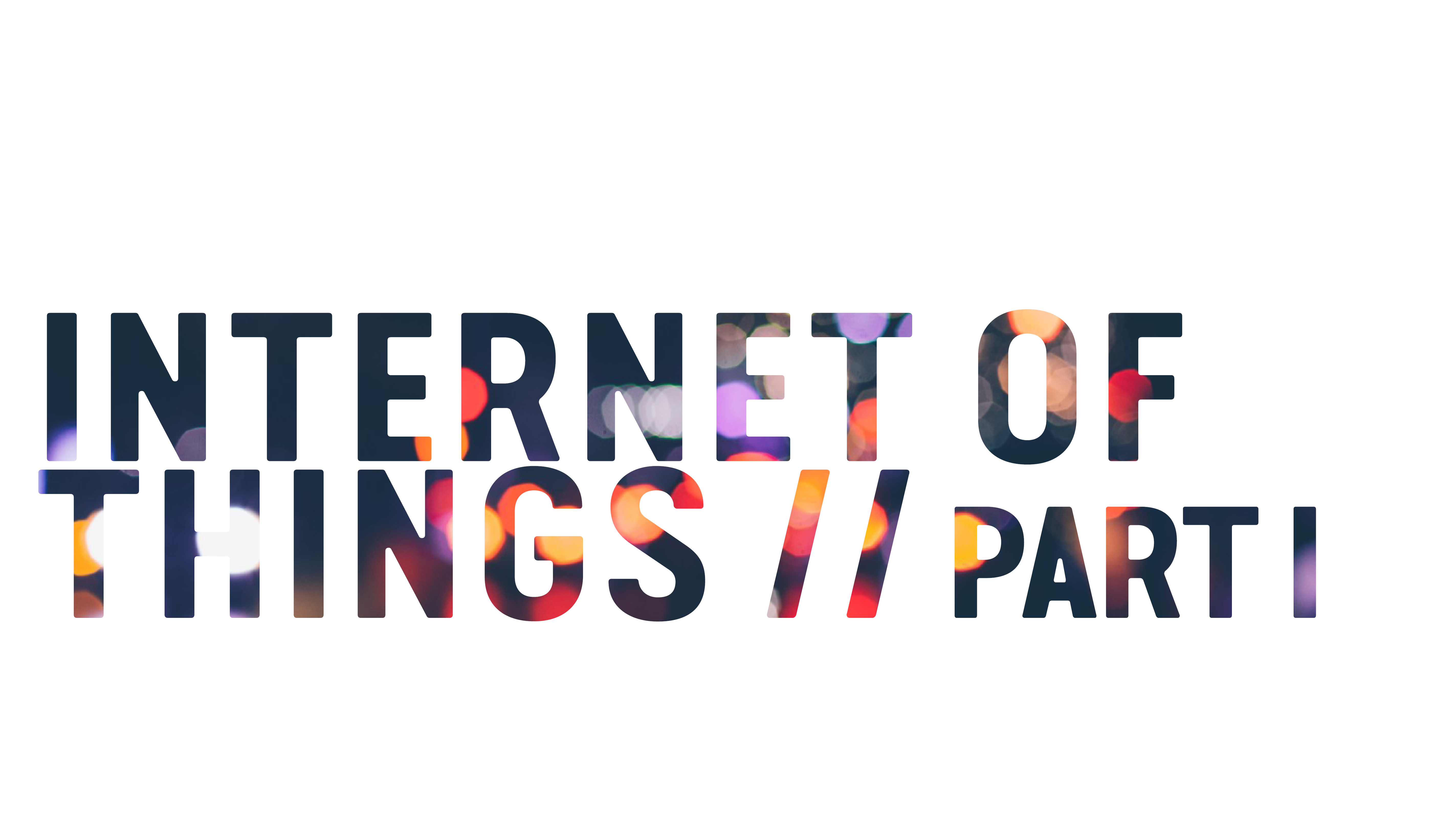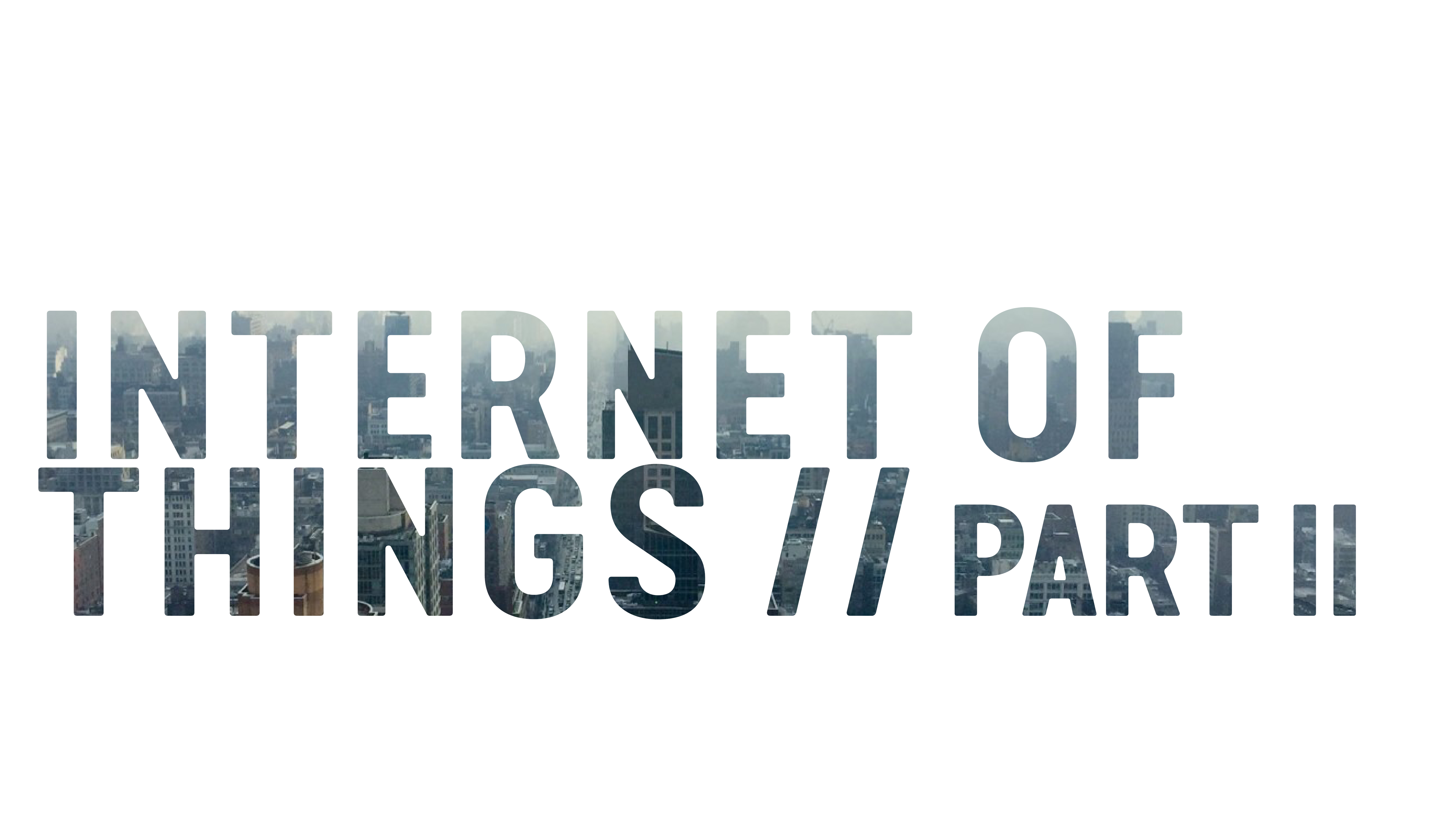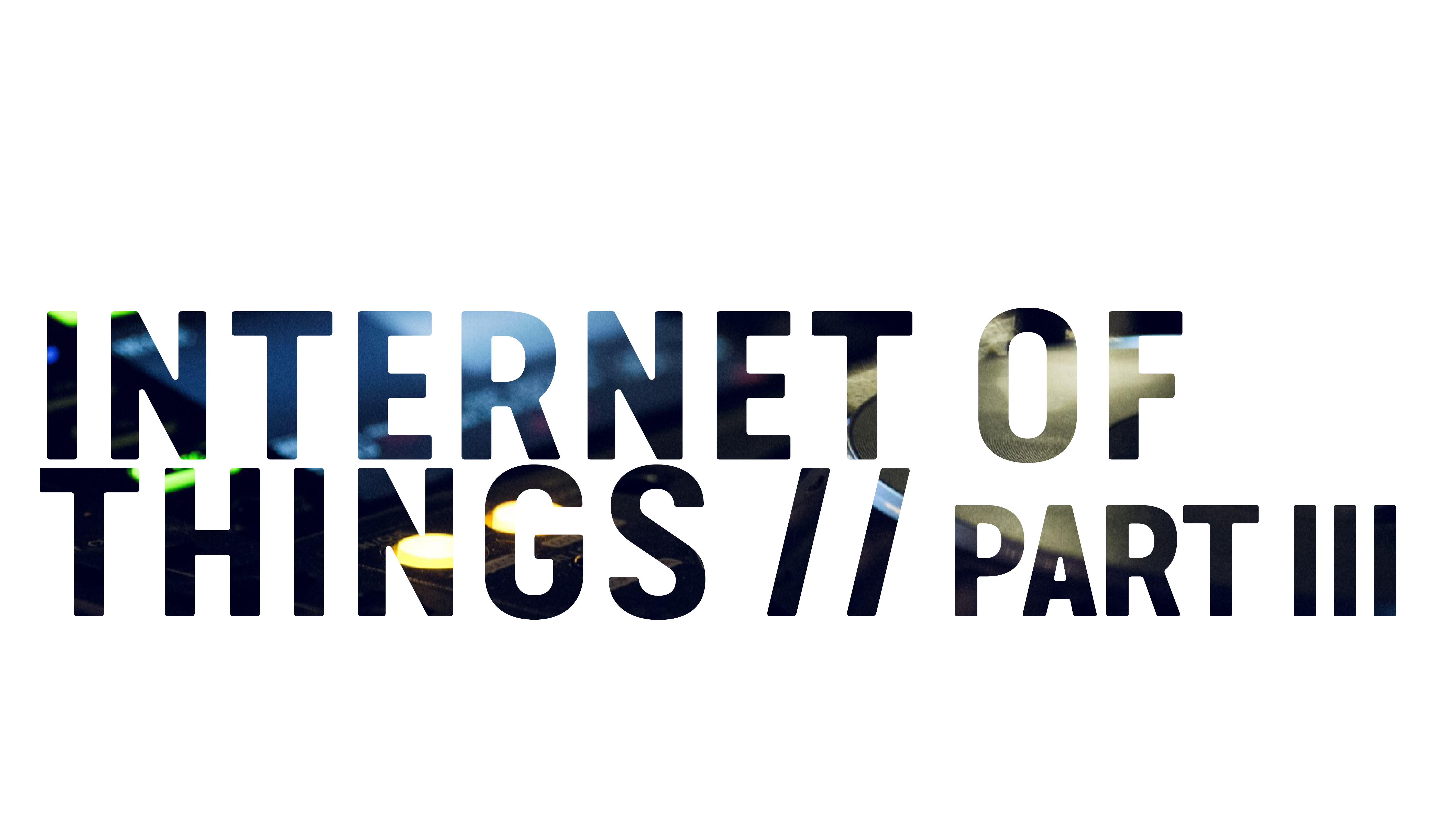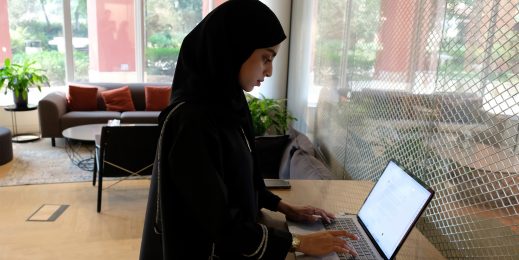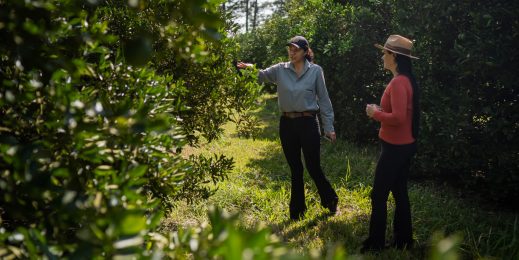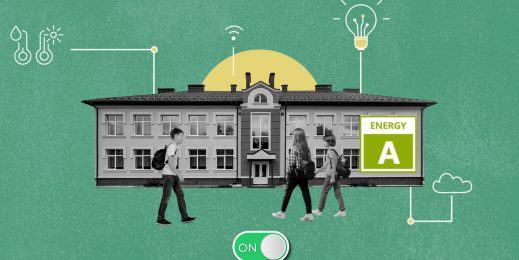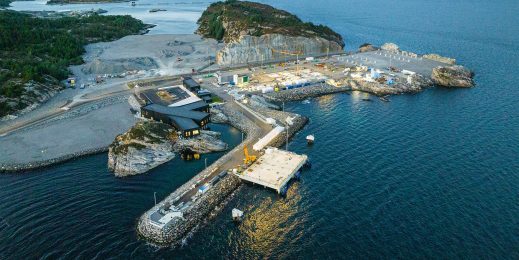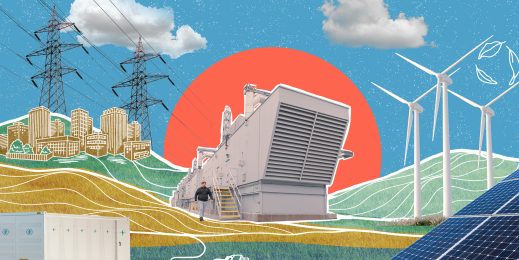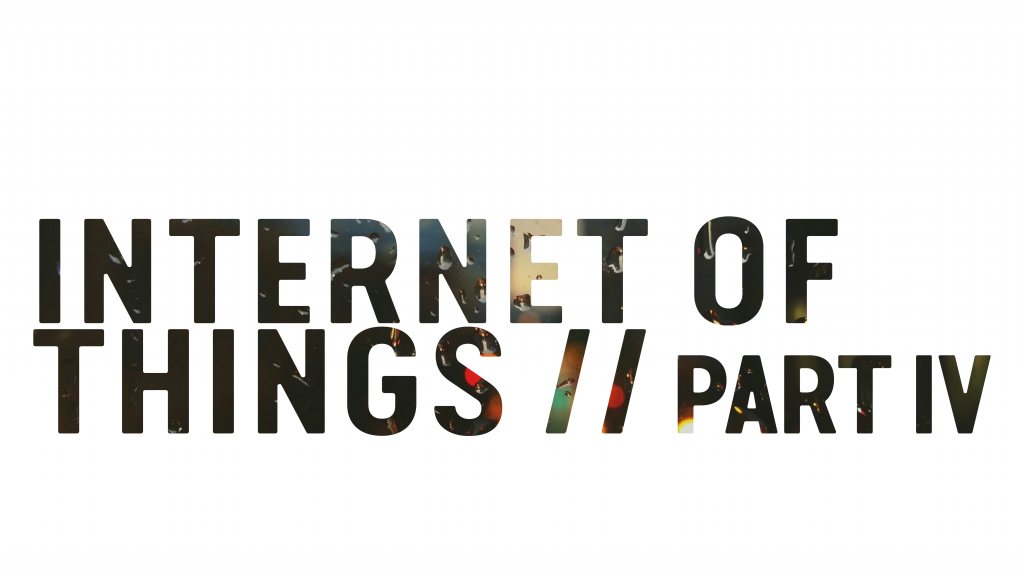
Getting your enterprise ready – bringing your employees along and next steps
In the last of these articles I want to focus on what is often overlooked, in any change – bringing along employees. We can have the best digital software platform in the world, the best partnerships and the best services but change takes longer to achieve and is harder to sustain without employees believing in the evolution and benefitting from the shift. They have to see what is in it for them, what is in it for the organization and what is in it for society.
James Surowiecki, a New York Times journalist and author of books such as Wisdom of Crowds, once said “The desire for reinvention seems to arise most often when companies hear the siren call of synergy and start to expand beyond their core businesses”. This quote illustrates the opportunity available today if we can get the employees integrated and collaborating on the changes and highlights the risk if we cannot.
Change, however, can evoke hesitation in employees. Let’s think about what to consider as we go through change and how it can be transformed into something more positive:
- Know that change is a process. It does not happen from one day to the next. It is important to have a plan that explains where you are going and the steps you think will be needed to get there. It is important employees understand the principles involved and that progress is transparently communicated on an ongoing basis. They also need to understand their role in the plan and how it will benefit them and society. There is nothing better than a shared vision to drive a plan forwards to a successful outcome.
- Help your employees reframe how they view change. Change can be positive yet it is often perceived as negative. For most employees the fourth industrial revolution presents a fantastic opportunity to grow, learn and be ready for the next generation of challenges our workforce needs to overcome!
- Be open to listen and change course. The world is shifting around us and a change process and plan started today might need adapting tomorrow. It is vital that employees understand that you are not on a rigid path but one that will likely need to adapt. This will prepare the ground for inevitable variations along the way.
So what is this change we speak about? Every company is on a journey to being a software company delivering services with IoT, the cloud, big data and analytics at the core. We are shifting into a knowledge economy which requires individuals, organizations and governments to learn how to best leverage data, the cloud, analytics, programming and more to drive more educated decisions, differentiated services and market approaches.
For employees this offers a chance to obtain new skills, work in new fields and to push the boundaries of creativity on a continuous basis. For those not yet in the workforce, it provides an opportunity to obtain new in demand skills. There is no doubt this fourth industrial revolution will generate new jobs and open a new world of opportunities. This is not about removing jobs but making them more impactful.
It is therefore vitally important that we are all ensuring governments and organizations are providing the right learning opportunities to obtain and enhance skills so everyone can prosper in the knowledge economy. This means we need to provide access to the right environments to experiment and ensure that new ways of working, where speed is of the essence, are able to take hold along with a data driven mindset.
At Microsoft, as we strive to empower every person and every organization on the planet to achieve more, we know that there is tangible assistance we can provide. We understand the need to help prepare the younger generation for the future which is why we teamed up with others to provide the BBC Microbit to 1 Million students in the UK (amongst many other initiatives). We understand it’s important to facilitate skills development, which is why we enacted the professional degree program, run hackathons, provide online training and deliver free trials. These kinds of activities can help remove barriers and drive new opportunities which in turn reduced hesitation around the changes we are undergoing.
If we accept the future will be largely software-based, we should also accept the way in which we build and deliver things will change. Moving forwards organizations have the opportunity to be faster to market, evolve products once in market and enable new services even in shipped products.
This is going to require organizations to adapt R&D approaches to work towards a minimum viable product which can be shipped quickly. That quickly shipped product is then continuously improved over time and new services created around it using data it is generating. Customers may not even know they needed these services at the time of purchase, but such changes enable new monetization and societal improvement opportunities on an ongoing basis.
In short – work with your employees to learn new technologies and explore possibilities. Ensure our younger generations are ready for the next generation of jobs and, lastly, transform your organization so you can continuously evolve products and services over time.
Today much of the hype around IoT focuses on the products and services. I believe the emphasis should be on adapting to the new world and how organizations are using IoT to ride the wave of the fourth industrial revolution to the benefit of all. I believe the time has come to take all that an organization or government does and bring it together to deliver rich products and services that solve problems and improve society using the technology that is available.
A focus on digital transformation is part of the role of every government official and every organization employee. The shift to the cloud, data driven organizations, analytics and IoT driven services is no longer on the horizon. It is already here.
Our next moves set the tone for how our society, industries, organizations and governments will look for the foreseeable future.
How long will you wait before you start your journey?
Missed the earlier sections? Find Part I, Part II and Part III below by clicking each image..
Mark Torr is responsible for Advanced Analytics and IoT for Microsoft across the CEE region. Mark brings over 20 years of experience working in the fields of Data Management, Analytics and Reporting with the majority of that spent in various senior roles at SAS. Mark has worked with customers throughout the world, and across all industries, helping them to see how they can transform data into a strategic asset through the use of Analytics and more recently various big data technologies. Mark is a TOGAF certified enterprise architect who holds a 1st class degree in Software Engineering from Hull University, England. He is well known in the field of analytics and big data having spoken on a wide variety of thought leadership topics at external conferences. He is an active blogger (www.marktorr.com), has over 13,500 Twitter followers (and was recently named at #85 of the top 100 Big Data Experts to follow on Twitter and at #62 of the top 100 IoT Experts to follow on Twitter) and is also very active on LinkedIn.










